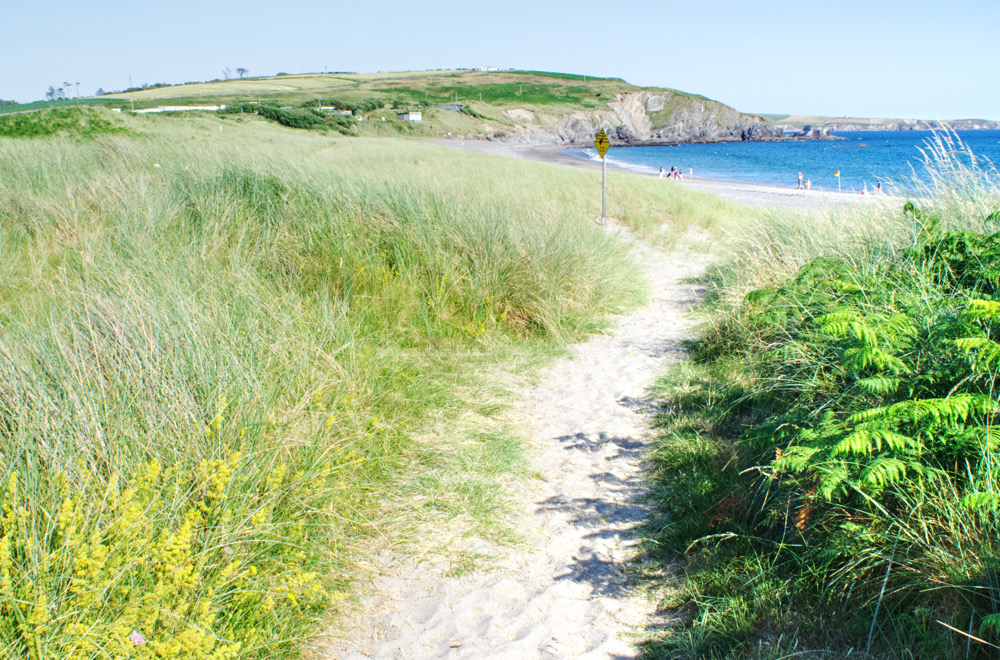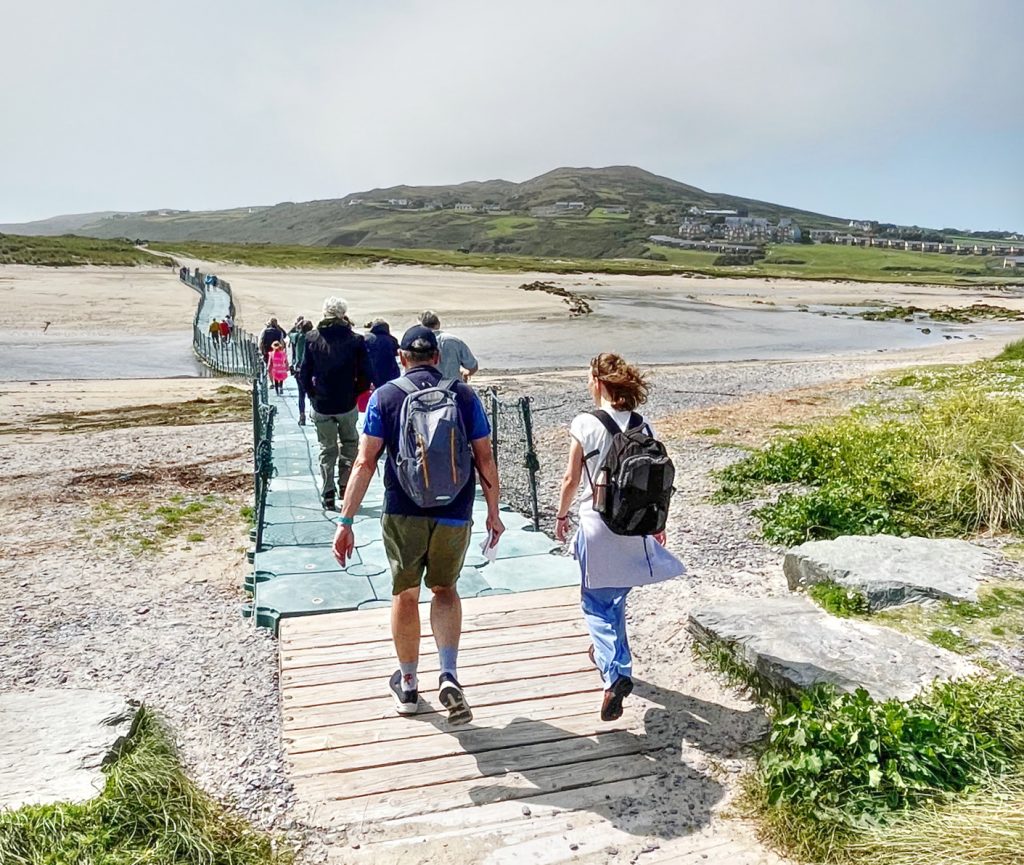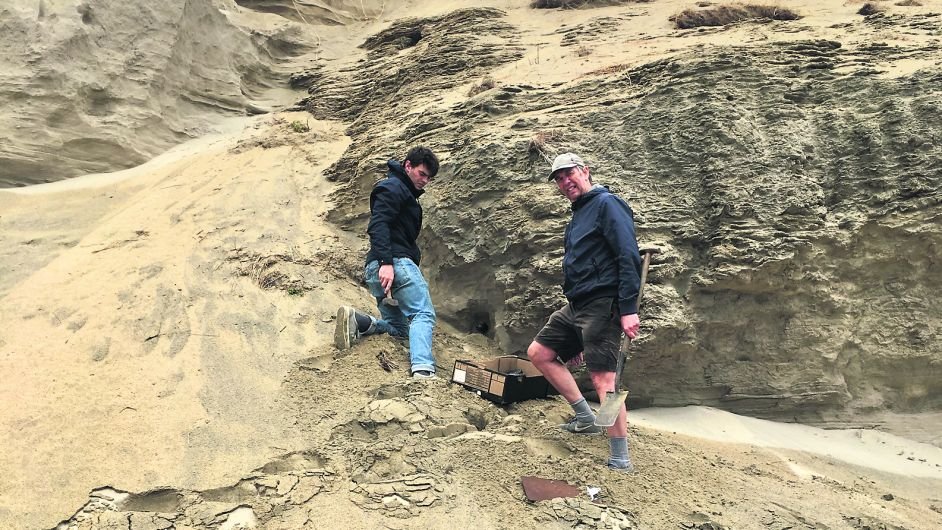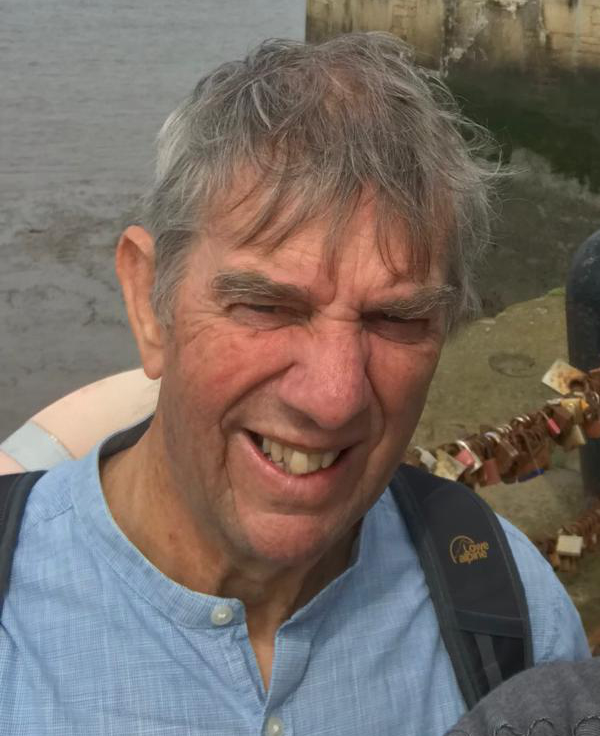N O T I C E B O A R D

National Heritage Week 2025 — Tsunamis, rabbit warrens and shell-rich sand — Anthony Beese, geologist, will be leading a guided walk at The Warren, Rosscarbery during National Heritage Week. The tour, which is being held in conjunction with the Cork Geological Association, is suitable for adults and children. It begins at The Warren car park, Rosscarbery at 1.30 pm and is to be repeated on two days: Wednesday 20 and Sunday 24 August. Please register by email at [email protected] or text Bettie Higgs at 086 047 6789.

11 September 2021. IRISH EXAMINER: Barleycove dunes formed ‘overnight’ thanks to Portuguese earthquake by Pádraig Hoare. The article discusses the water-laid sand deposit discovered at Barley Cove a few years ago. For an academic description see Anthony Beese in the Irish Quaternary Newsletter, No. 66, pages 5 to 7. See also the piece by Jackie Keogh in The Southern Star, entitled Barleycove’s dunes caused by tsunami. Samples (see image below) are currently being analysed by Professor Mark Bateman at the Department of Geography, Sheffield University.

